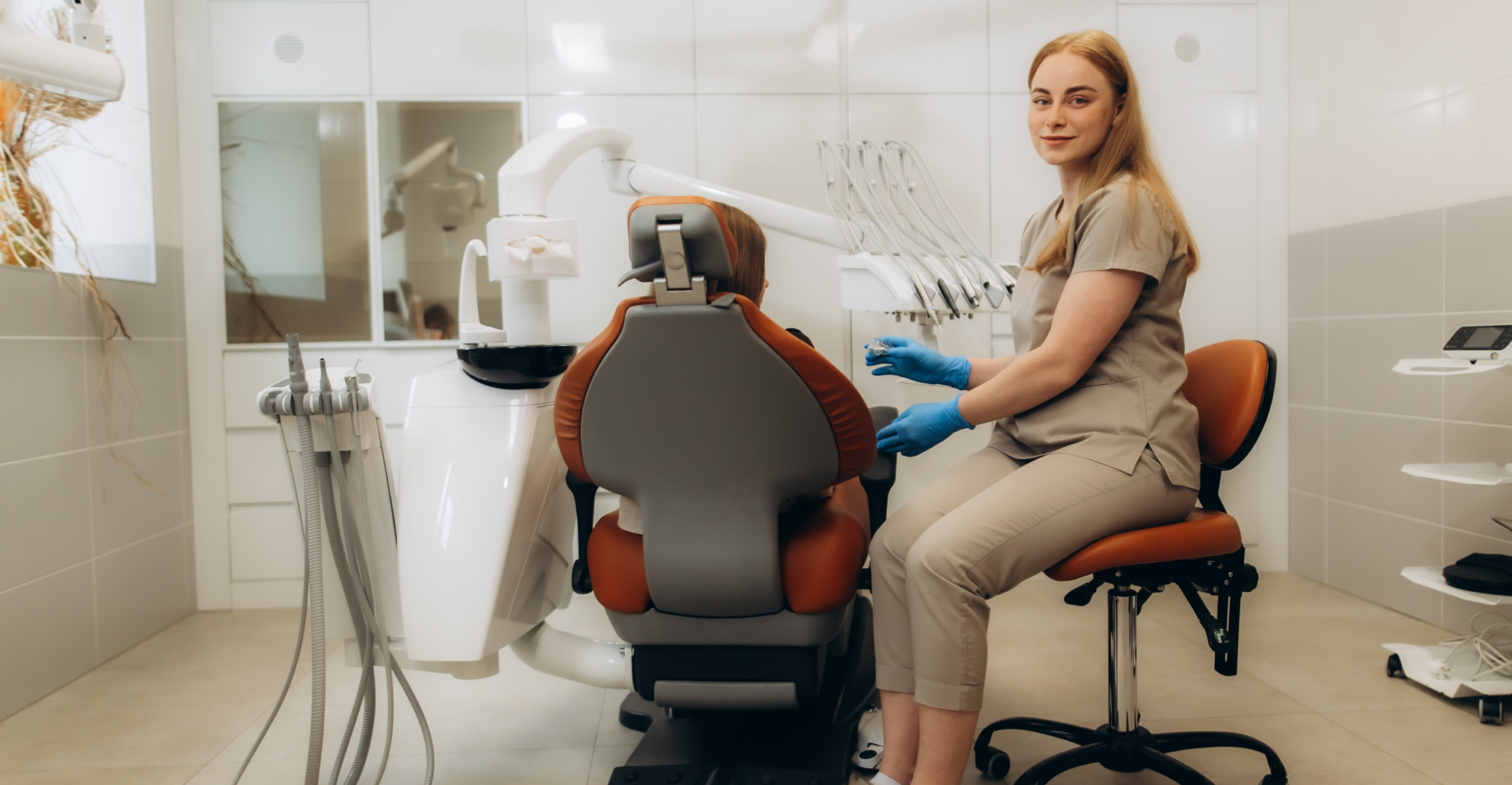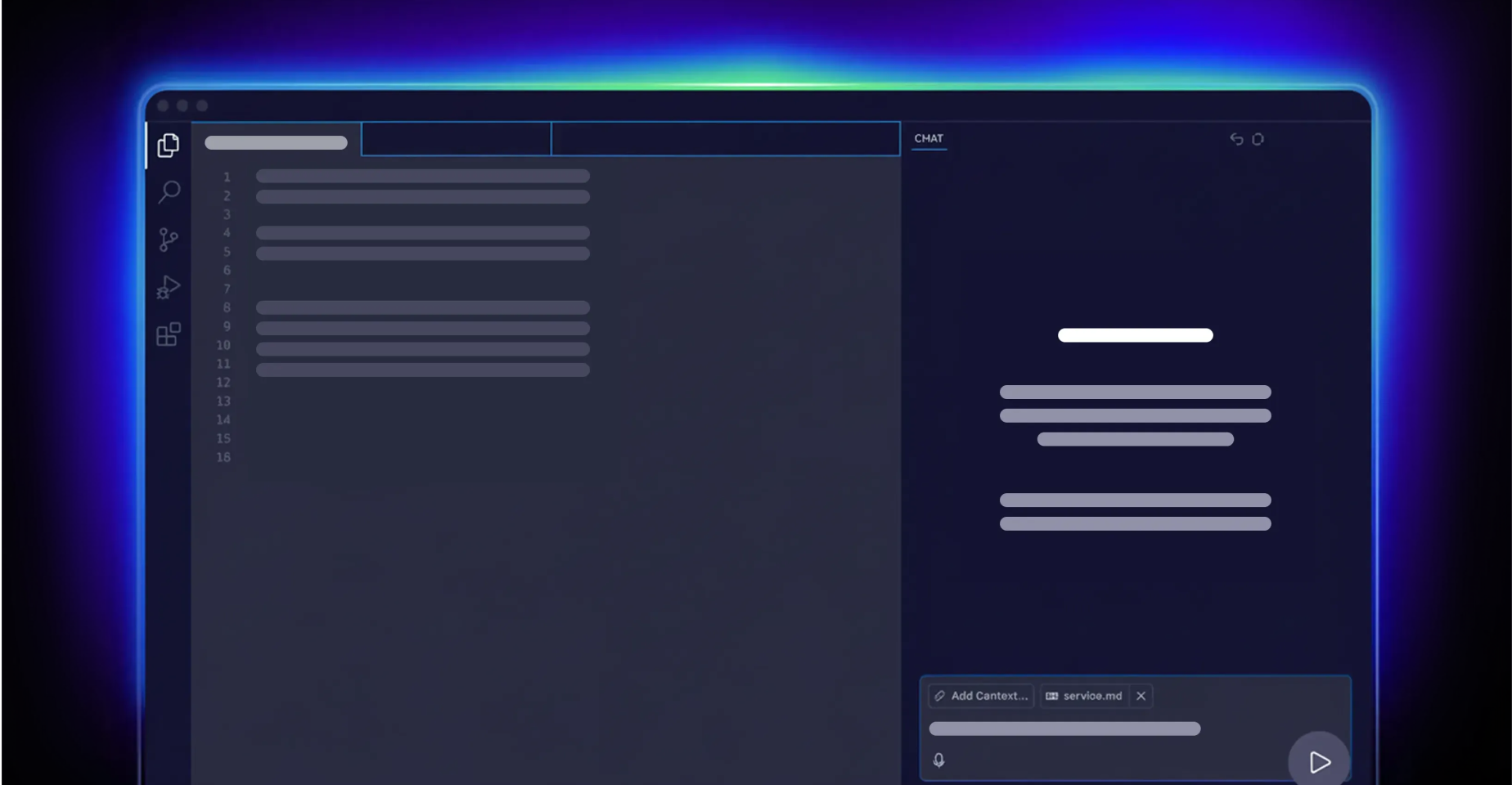Global pharma leader reinvents operations
Modus Create helped a leading pharma company create custom internal applications for field sales, global engineering, and executive teams, breaking down silos and boosting collaboration.

Table of contents
Subscribe via Email
Subscribe to our blog to get insights sent directly to your inbox.
A global pharmaceutical company struggled with information access across departments. Despite having multiple internal applications, the tools didn’t align with how teams worked. As a result, sales reps avoided the field enablement app, employees ignored the knowledge base, and executives relied on fragmented dashboards. Modus Create partnered with the company to redesign its three core mobile apps using the Ionic framework. The new suite quickly saw strong adoption and played a key role in restoring trust in internal systems, breaking down siloes, and encouraging collaboration at all levels.
Our work involved
- Hybrid app development with Ionic
- Agile delivery coaching
- QA automation
- API integration and data aggregation
Impact
UNIFIED
IMPROVED
INCREASED
Silos are not unique to pharmaceutical companies. But in such a highly regulated and data-intensive industry, they are more deeply entrenched. Nearly half of pharma leaders believe that data silos undermine collaboration across teams. This also affects their ability to adopt radical technologies at scale. So, while pharma executives see AI as crucial for future commercial models, 76% are still hindered by siloes.
One of the world’s largest pharmaceutical companies was struggling with a similar challenge. Its different departments faced several bottlenecks when accessing information, stifling collaboration and delaying projects. Modus Create has been the company’s digital solutions partner for over a decade. It therefore reached out to us to make information easier to find, easier to use, and easier to trust.
Challenge
Bottlenecks in information access
The company’s problems weren’t caused by a lack of digital tools. It had apps, dashboards, and platforms in place. But they were not connected to how employees worked:
- Medical field reps lacked reliable support: The existing mobile app, meant to be a go-to resource for sales materials, was slow, outdated, and not getting enough usage. Many reps relied on screenshots or email threads instead, which led to inconsistent messaging and missed opportunities in the field.
- Internal knowledge bank was underutilized: An internal mobile app for accessing reference materials and digital assets suffered from poor search and a clunky interface. As adoption dropped, employees turned to side channels and workarounds to get the information they needed.
- Executives lacked a single source of truth: Executives depended on fragmented dashboards and delayed reports. Without a single source of truth, it was difficult to align on KPIs or make timely decisions.
Solution
Restoring flow by developing three hybrid mobile applications
Working alongside the pharma company’s internal teams, we kicked off a project to develop a suite of hybrid applications to facilitate easier access to data and insights:
Application #1: On-demand insights for the medical field team
To support its field force, the pharma company had developed a mobile app for iPhone and Android. But due to unreliable offline access and outdated UX, its adoption never really took off. The app’s navigation was particularly frustrating, and essential documents were buried behind too many clicks.
The team began by reviewing screen mocks, interviewing users, and auditing analytics. In just a three-week sprint, we improved the UX by redesigning critical screens like onboarding, home, and resource centers, simplified navigation, improved offline performance, and embedded analytics to support future optimization.
Delivered in record time, the new Ionic-based hybrid app quickly gained traction in the field. It restored confidence among reps and ensured consistent, compliant communication with healthcare professionals.
Application #2: Making search work for all
The pharma company had built an internal application for its employees to find digital content and documents. However, the app’s search function didn’t work well. It couldn’t handle typos or partial matches, lacked smart suggestions, ignored synonyms, and offered no recent history or voice input.
There was no infinite scroll, just infinite frustration. This meant that even though the company possessed a vast knowledge base, it didn’t have too many users.
Our product development team, comprising a software engineer, a QA automation engineer, a business analyst, and an architect, worked on a rapid sprint to rebuild the search layer. In just seven weeks, we delivered:
- Dynamic autocomplete to reduce typing effort and errors
- Fuzzy matching for partial and imperfect queries
- Synonym support using the company’s internal thesaurus
- Improved result ranking and introduced infinite scroll
- New filters to reflect real user workflows and content types
- Voice-to-text input for mobile convenience
- Recent and suggested searches for faster access to frequent queries
Alongside product improvements, our engineers helped tighten QA practices and delivery workflows. The team modeled better story writing, improved test coverage, and addressed gaps in CI/CD. Therefore, what started as a search overhaul project also led to massive improvements in developer experience at the pharma company.
Application #3: Building what all executives crave
The pharma company’s leadership team was spending too much time jumping between systems to find the information they needed. We helped solve that by developing a secure, responsive dashboard that pulled data and documents from multiple internal platforms into one unified view.
Accessible on both desktop and iPad, the new app featured API-level integrations, smart filters with email alerts, and built-in access controls. This new solution helped executives make faster, more informed decisions with real-time insights in one easy dashboard.
Impact
Better visibility and access across all levels
Although each of the three hybrid apps solved a separate critical information choke point. Together, they helped restore clarity across all levels of the organization.
- Sales reps now have a mobile tool they can rely on in the field. With faster load times, better offline performance, and intuitive navigation, they were able to find the right material instantly and deliver consistent, compliant messaging during healthcare interactions.
- Internal teams returned to a knowledge base they had long written off. Smarter search, relevant results, and role-based filters turned the internal app into a trusted knowledge bank.
- Executives found a single source of truth. A real-time view of performance data and documents in one dashboard improved alignment across the pharma company’s leadership team.
By making information easier to find and use, the pharma company not only improved its tools but also restored trust in its internal systems. That renewed confidence is what ultimately breaks down silos and drives real collaboration.
Related Customer Stories
Discover more customer stories.


